Transportation Planning Tutor - Expert Transport Planning Aid
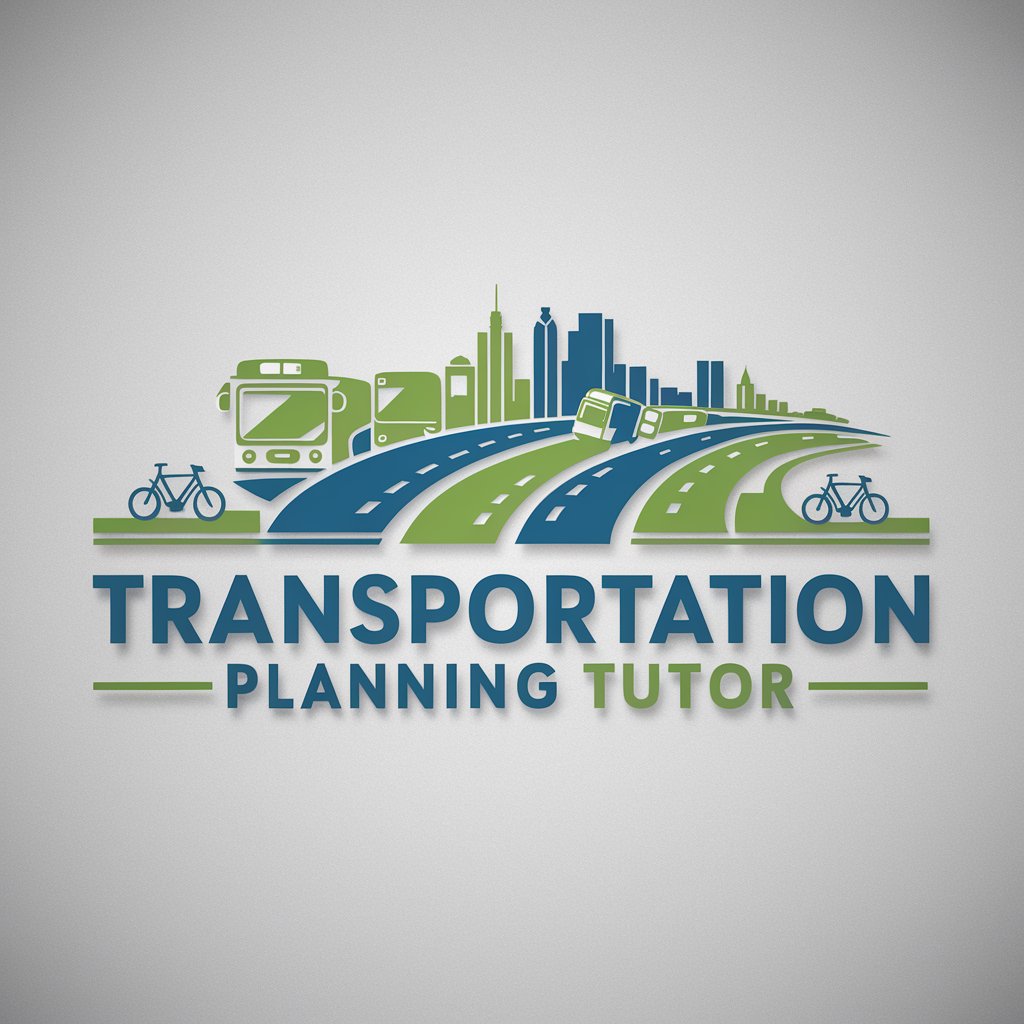
Welcome to your Transportation Planning tutor session! How can I assist you today?
AI-powered Transportation Planning Expertise
Can you explain urban transportation planning?
How does travel forecasting impact transportation planning?
What are key models used in transportation planning?
Describe the process of evaluating transportation alternatives.
Get Embed Code
Overview of Transportation Planning Tutor
The Transportation Planning Tutor is designed as an expert system specialized in the domain of Transportation Planning, particularly aimed at supporting graduate-level students. Its core purpose is to facilitate a deep understanding of complex transportation planning concepts, techniques, and methodologies. This includes urban transportation facilities, travel forecasting, analytical models in planning, and evaluation of transportation alternatives. An example scenario where the tutor proves invaluable is in explaining the nuances of demand management techniques to a student preparing for a comprehensive exam or research project, ensuring the student can apply theoretical concepts to practical, real-world scenarios. Powered by ChatGPT-4o。

Key Functions of Transportation Planning Tutor
In-depth Explanations
Example
Providing detailed explanations on the use of Four-Step Travel Demand Models, which involves generating, distributing, modal split, and traffic assignment steps.
Scenario
A student working on a thesis could use these detailed explanations to understand each step's contribution to forecasting future traffic flows based on various transportation policies.
Analytical Support
Example
Assisting in the interpretation of outputs from transportation models, such as understanding traffic flow characteristics from a microsimulation study.
Scenario
Useful for students or new professionals who are analyzing simulation results to determine the effectiveness of traffic management strategies.
Case Studies Analysis
Example
Discussion and analysis of real-world case studies like the impact of a new metro system in a major city.
Scenario
Helps students understand how theoretical models are applied in real-world settings, preparing them for practical tasks in their future careers.
Ideal Users of Transportation Planning Tutor
Graduate Students
Students engaged in advanced studies in transportation planning, needing to grasp complex concepts and apply them to academic or practical projects.
Junior Transportation Professionals
Early-career professionals who require a deeper understanding of transportation planning principles to enhance their decision-making and project planning skills.
Academic Researchers
Researchers in the field of urban planning and transportation systems looking for detailed analytical support and resources to aid in their research projects.

How to Use Transportation Planning Tutor
1
Begin by visiting yeschat.ai for a free trial, accessible without the need for login or a ChatGPT Plus subscription.
2
Choose 'Transportation Planning Tutor' from the available GPT options to start your specialized tutoring session.
3
Prepare specific questions or topics related to transportation planning that you need assistance with.
4
Engage with the tutor by typing your questions; use the session to explore complex scenarios or seek clarifications.
5
Take advantage of the browser capability to get updated or supplementary data directly related to current transportation planning topics.
Try other advanced and practical GPTs
Rail Transportation Workers Assistant
Empowering Rail Professionals with AI

Transportation Security Screeners Assistant
Empowering Screeners with AI
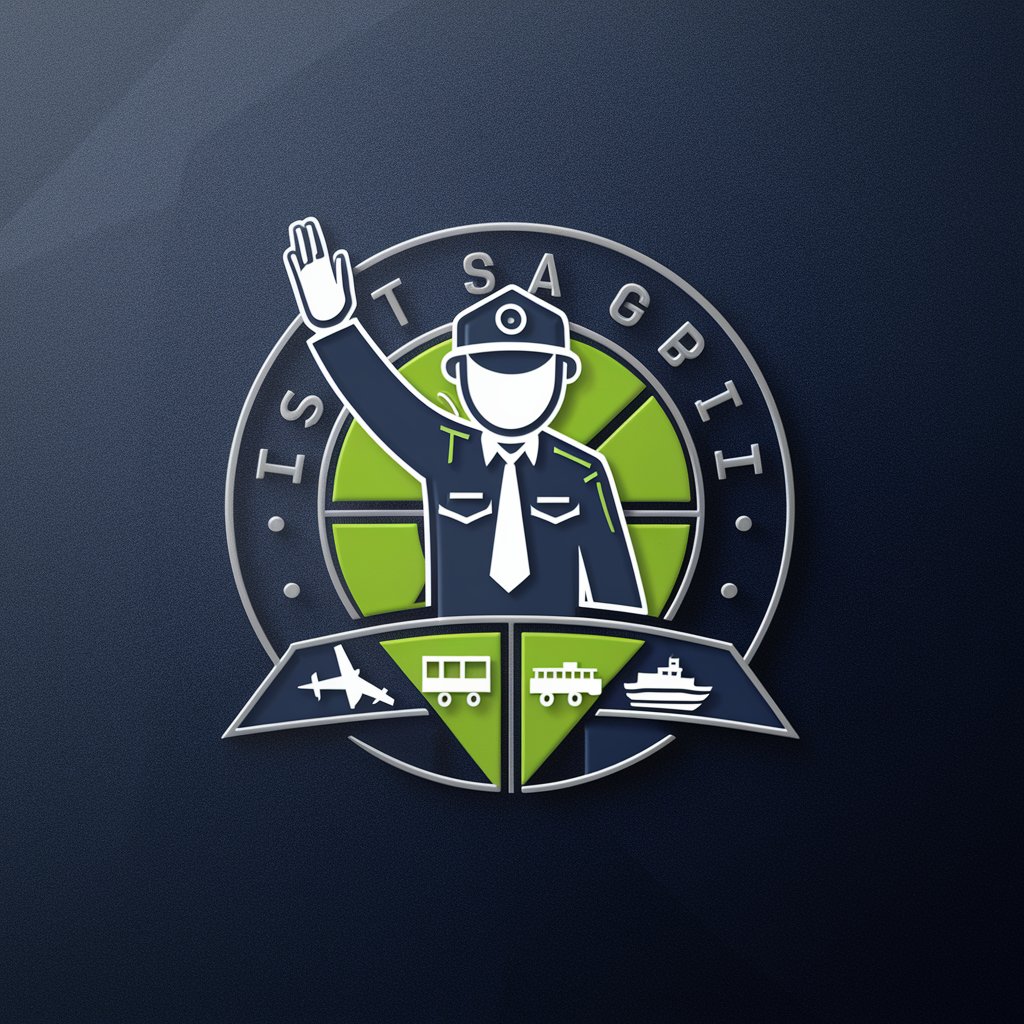
Other Transportation Workers Assistant
Empowering Transportation Professionals with AI
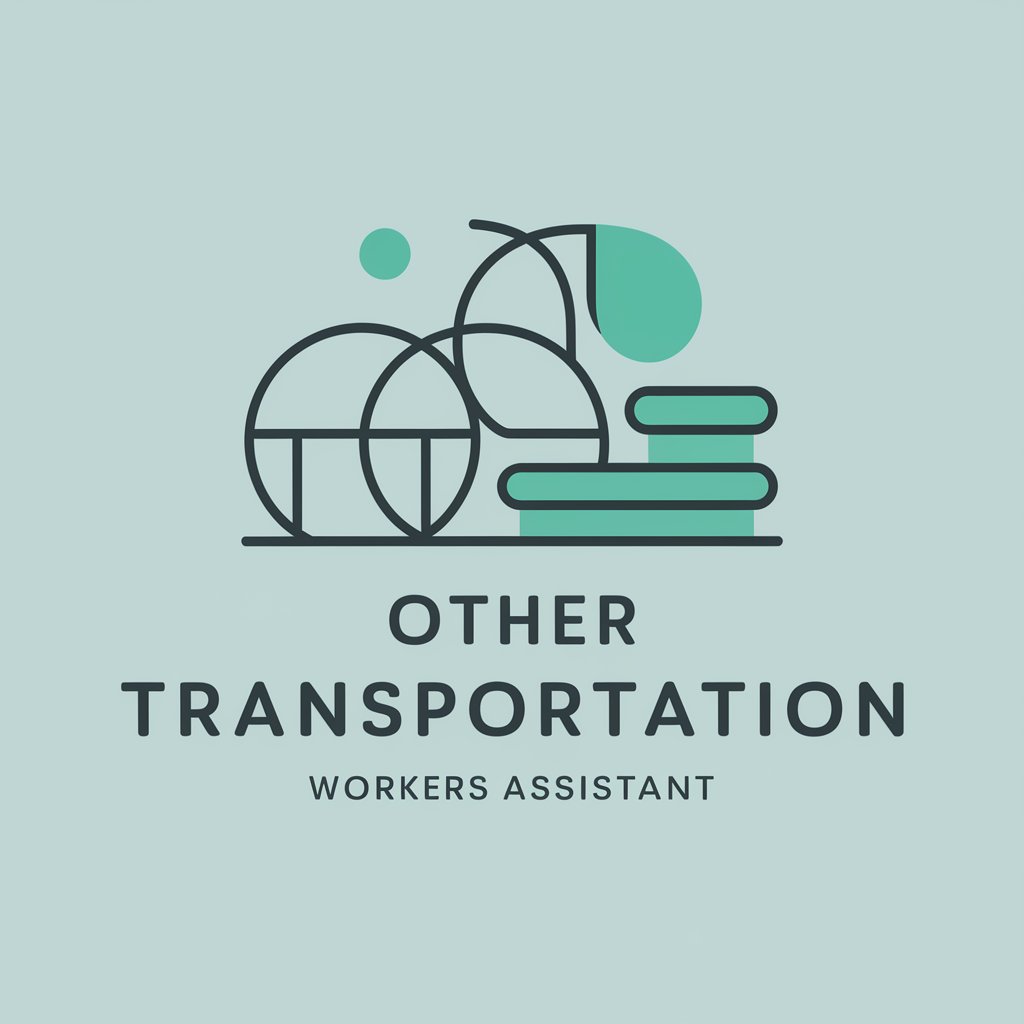
Transportation Service Attendants Assistant
Empowering Service Excellence with AI
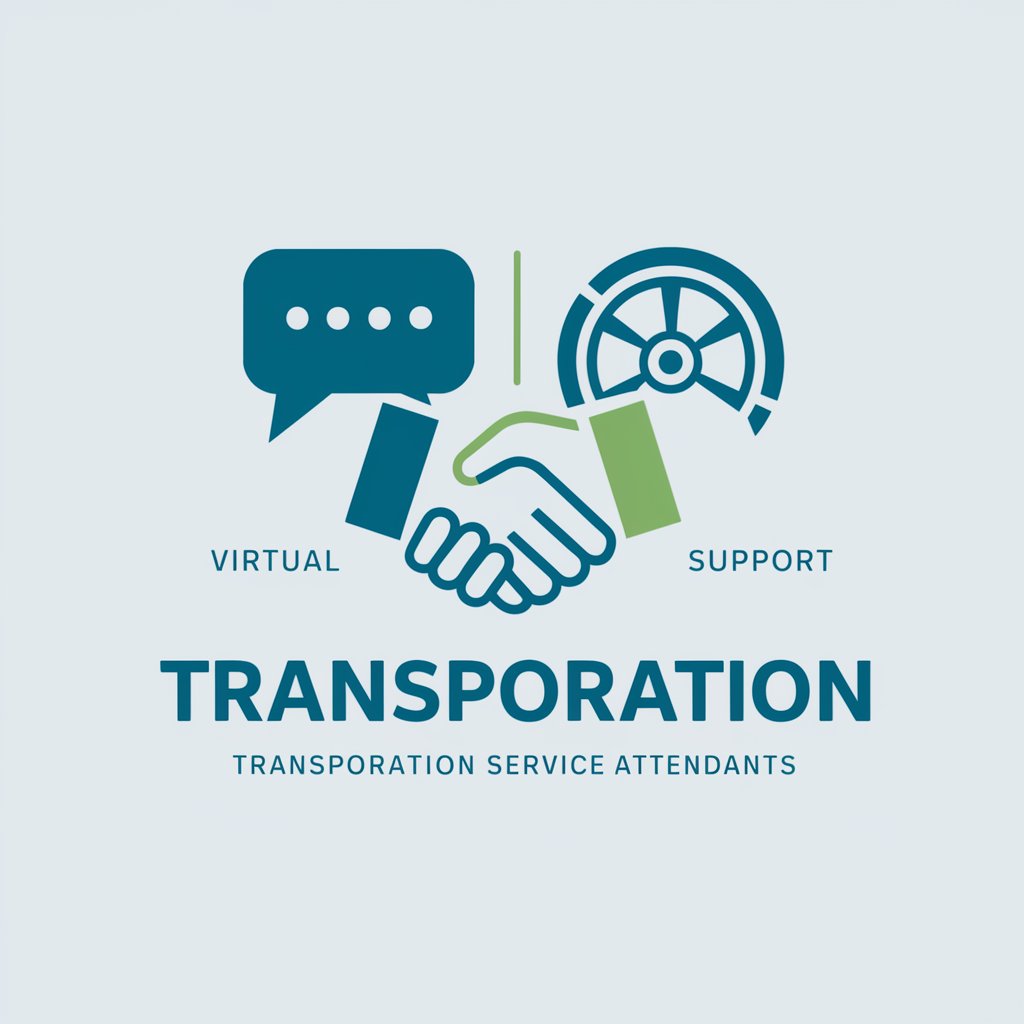
Public transportation
Navigate Smarter with AI-Powered Public Transportation
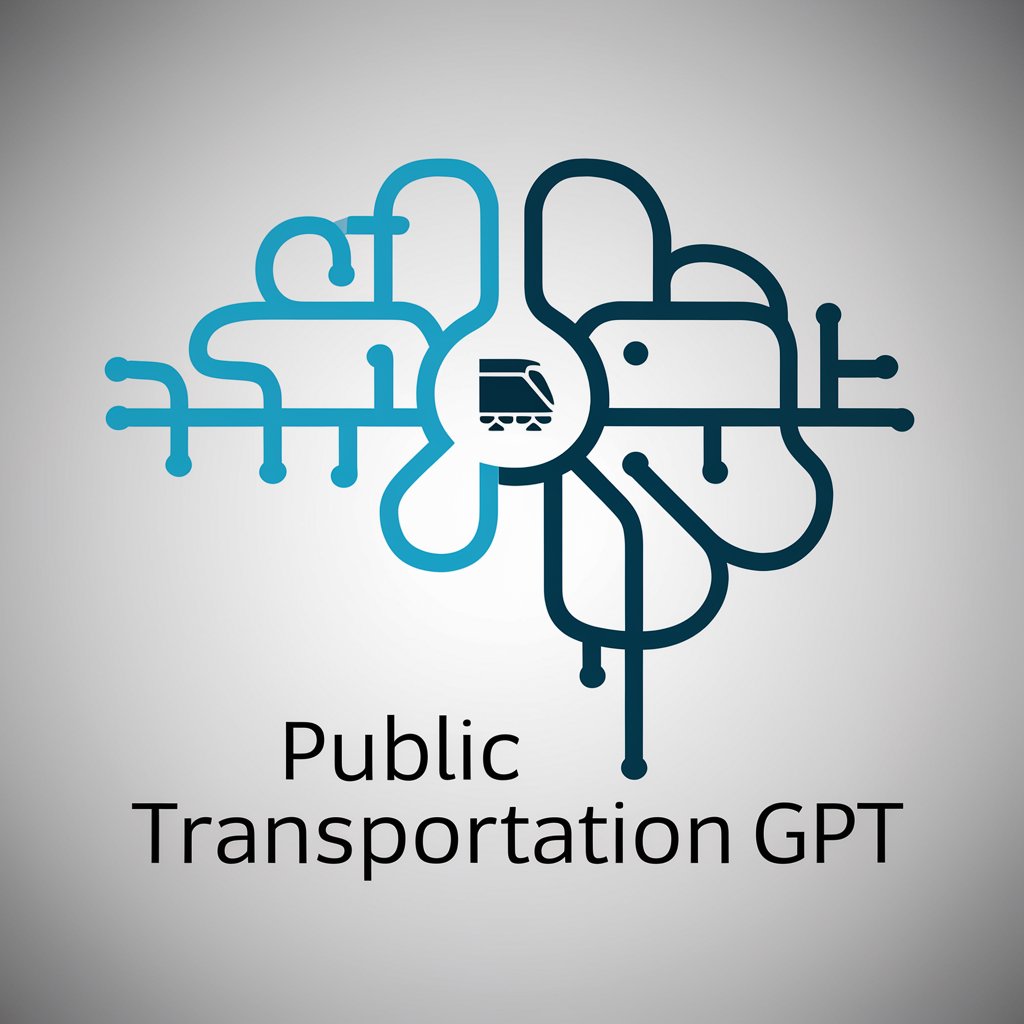
Green Transportation
Drive Smart, Drive Green
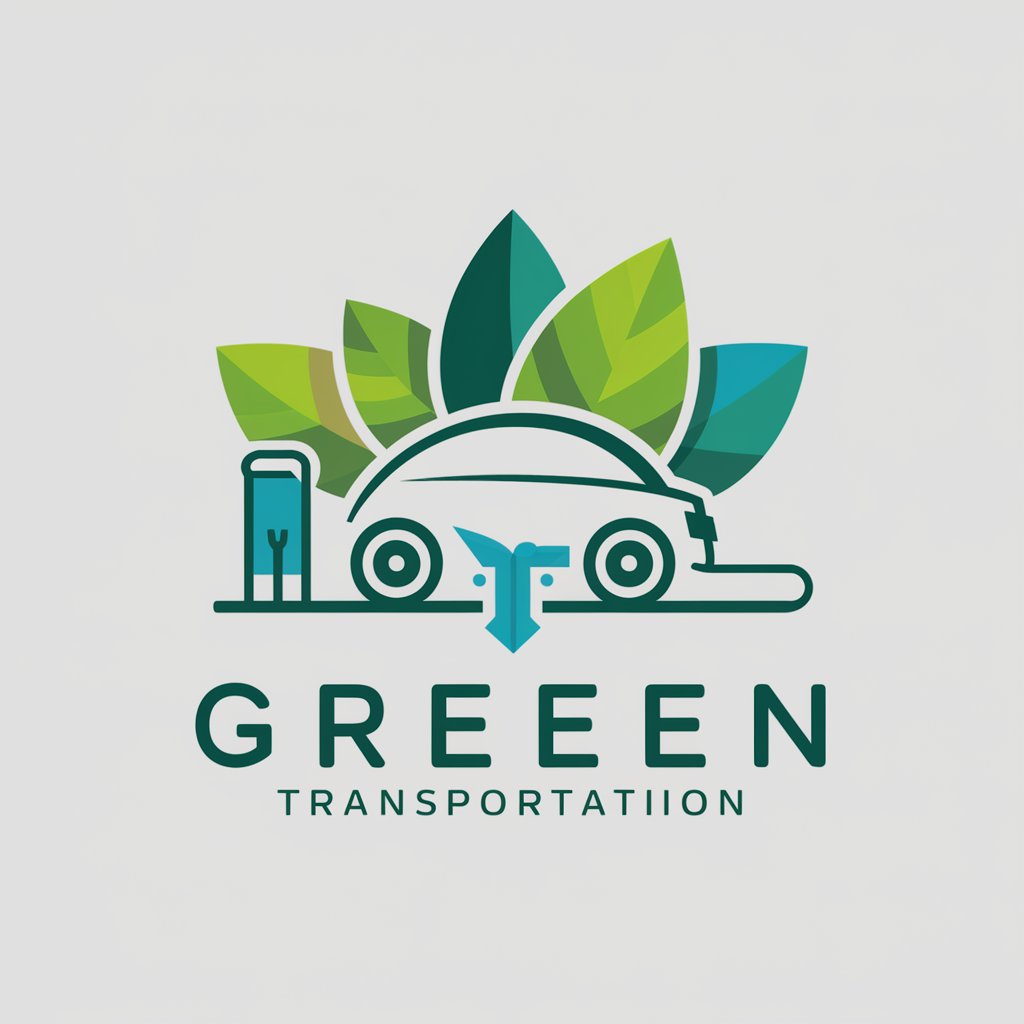
Green Transportation
Powering Sustainable Journeys with AI
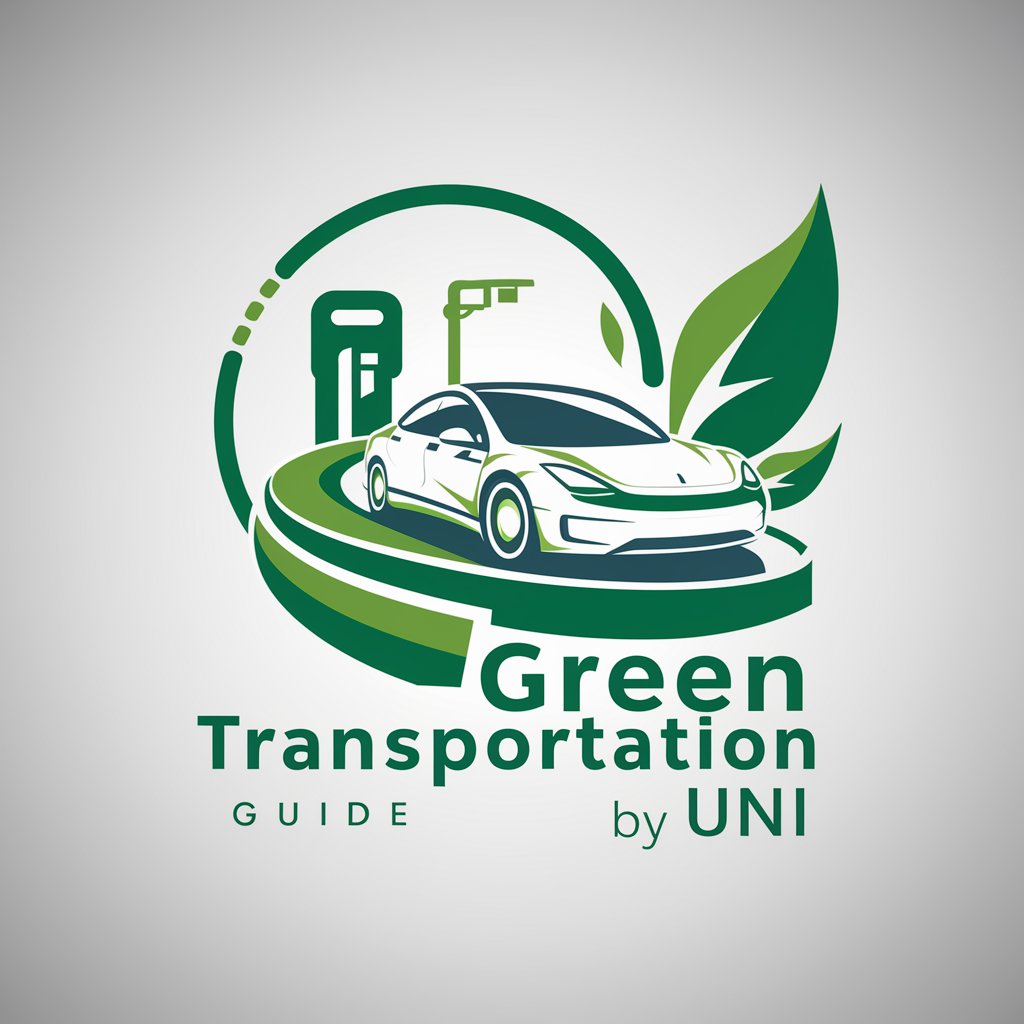
DoT Transportation AI
Powering Transportation Decisions with AI
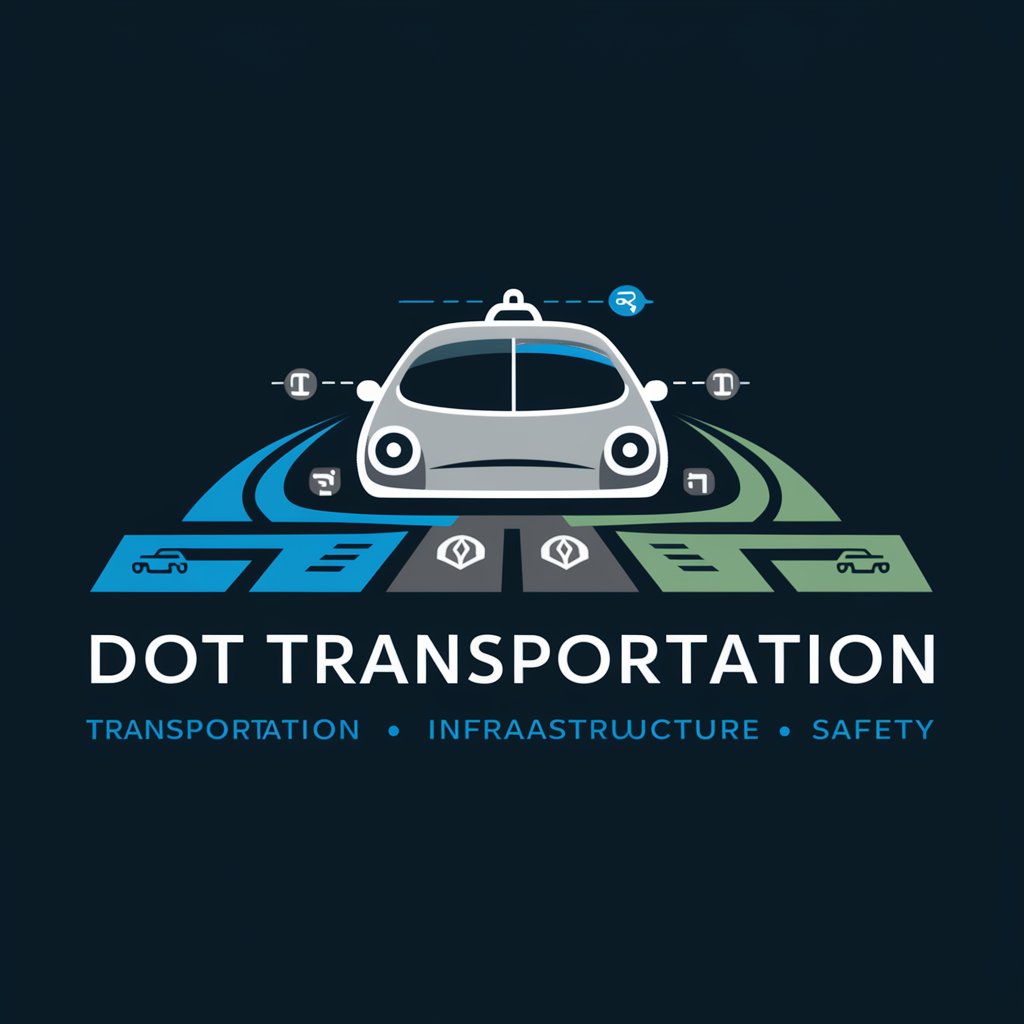
Rural Transportation
Navigating Vietnam's rural paths with AI-powered insights
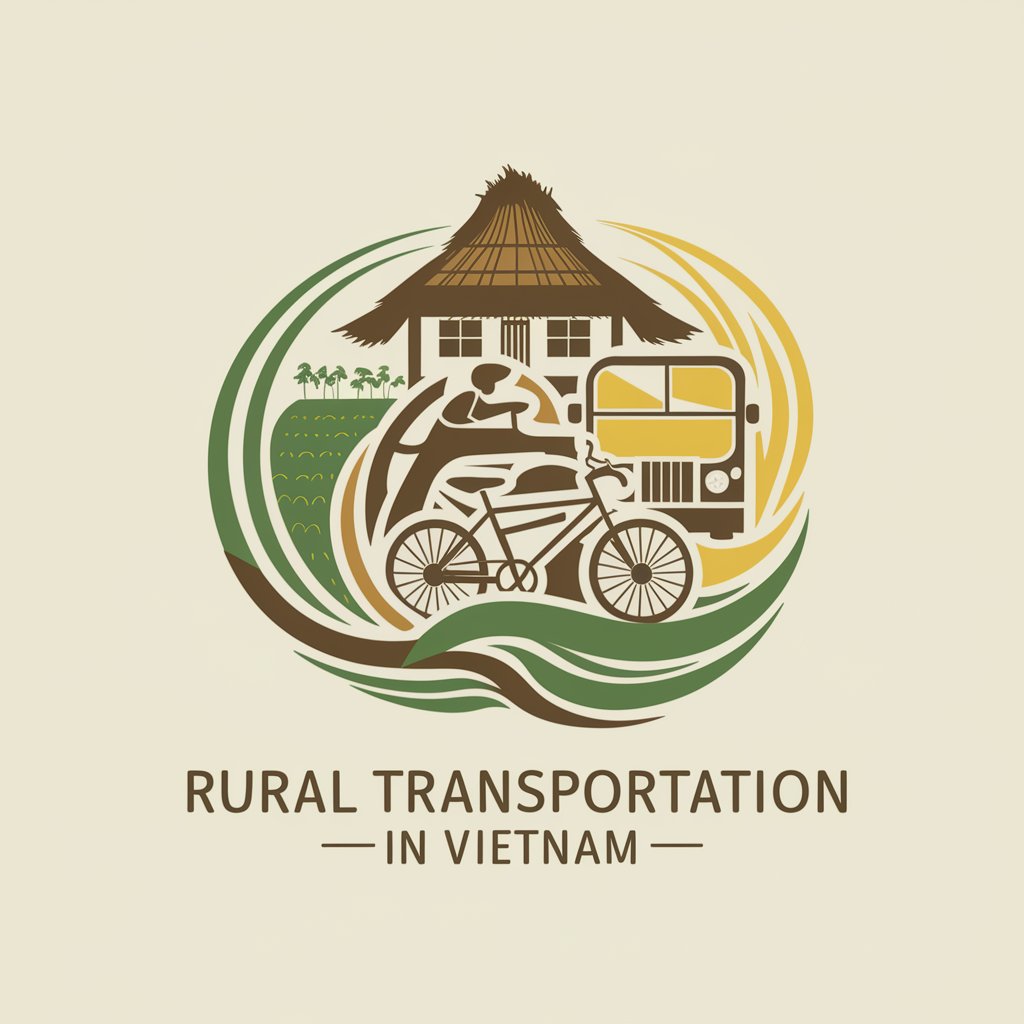
CDR Transportation Applications Expert
Unlocking mobility insights through CDR analysis.
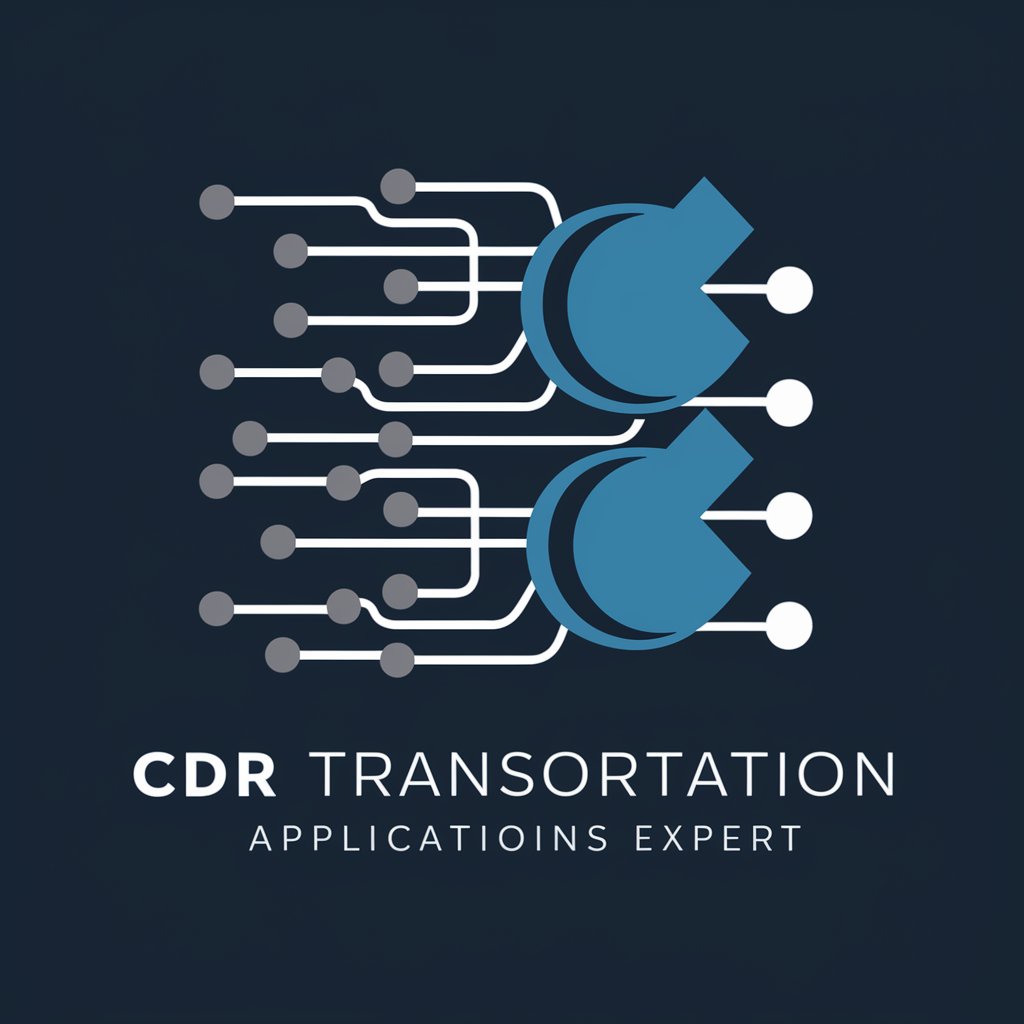
Transportation Management Expert
Optimize your transportation, effortlessly.

WGP Secure Transportation Advisor
AI-driven Secure Transportation Insights

FAQs about Transportation Planning Tutor
What are key models used in transportation planning?
Transportation planning relies on several key models including the four-step travel demand model (trip generation, trip distribution, mode choice, and route assignment), microsimulation models, and land use models. These models help in understanding and predicting traffic flows, assessing impacts of new transport infrastructures, and simulating the effects of policy changes.
How does travel forecasting impact transportation planning?
Travel forecasting provides data-driven insights into future travel patterns and demand. These forecasts are crucial for strategic planning, infrastructure development, and policy making, ensuring resources are appropriately allocated and major projects are designed to meet the anticipated needs.
Can you explain urban transportation planning?
Urban transportation planning is a systematic approach aimed at optimizing the efficiency of urban transport systems. It involves evaluating current transportation conditions, forecasting future demand, and developing strategies to enhance mobility and accessibility while minimizing environmental and social impacts.
Describe the process of evaluating transportation alternatives.
Evaluating transportation alternatives involves comparing different transportation options based on criteria such as cost, effectiveness, environmental impact, and social acceptance. This process is vital to ensure that the chosen solution aligns with broader goals like sustainability, economic efficiency, and public welfare.
What are effective demand management techniques in transportation planning?
Effective demand management techniques include congestion pricing, improved public transit offerings, development of non-motorized transport facilities (like bike lanes), telecommuting policies, and parking management. These strategies aim to reduce reliance on personal vehicles, manage peak demand, and promote sustainable transport alternatives.
